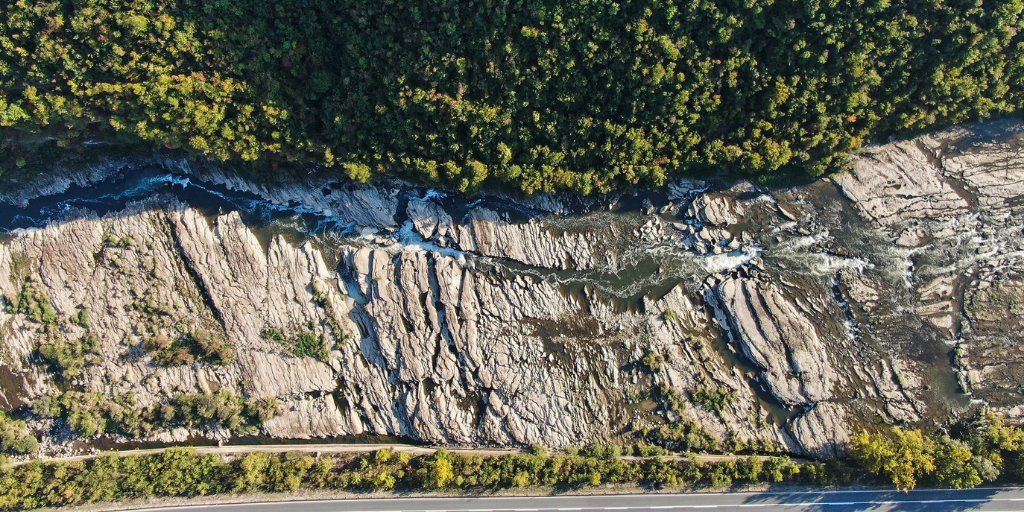A EUR 30 million loan agreement between KfW and public utility Elektroprivreda Bosne i Hercegovine (EPBIH) was signed in 2014 (1) for the 15.75 MW Janjići plant. The plant would entail a 16 m high dam and would flood a picturesque section of the river with a series of rapids upstream from Zenica.
The stretch is highly valued by local people and fishermen and is home to protected species such as otters and numerous fish species, including the endangered Danube Salmon or Huchen. The hydropower plant would represent the first major barrier that would stop fish migration all the way from the Danube, through the Sava and Bosna rivers up to Sarajevo.
Samir Lemeš from Eko Forum Zenica, said, ‘A year after filing a complaint to the bank, we welcome this decision. We would like to express our gratitude to our friends from other NGOs who helped us in this campaign. The next step is to erase the power plant from the spatial plan, and Eko Forum has already submitted an initiative to the Cantonal Ministry for Spatial Planning.’
Emina Veljović, from the Aarhus Center in BiH, said, ‘The river Bosna is the river after which our country is named. It has indescribable value for all of us. It was completely insane for an attempt to be made to destroy it by building the Janjići hydropower plant despite public opposition and contrary to domestic and international environmental laws. I feel deeply about every illegal attack on the environment in BiH, especially this one, because the river Bosna is part of my identity. I am very grateful that KfW decided to act responsibly.’
Ulrich Eichelmann, CEO of Riverwatch, said, ‘This is a very promising step by Germany´s KfW and wonderful news for the Bosna river and the people who live along it. However, we will remain vigilant to ensure that no other financier backs the project.’
Andrey Ralev, Biodiversity Campaigner at CEE Bankwatch Network, said, ‘The Janjići hydropower plant is clearly not in line with KfW’s standards, as the beautiful rapids and islands of the river Bosna were going to be flooded beneath a 3-km long reservoir. After this decision by KfW, the government must take steps towards the long-term protection of this and many other unique Bosnian rivers.’
Contacts
Andrey Ralev, Biodiversity Campaigner at CEE Bankwatch Network, andrey.ralev@bankwatch.org, +359884268552
Emina Veljović, Executive Director and Environmental Legal Expert at the Aarhus Center in BiH, koordinator@aarhus.ba, +38762103544
Samir Lemeš, activist at Eko Forum Zenica, samir@ekoforumzenica.ba, +38761805565
Ulrich Eichelmann, CEO Riverwatch, ulrich.eichelmann@riverwatch.eu, + 436766621512
Notes for editors
The project information on KfW’s website is available at: https://www.kfw-entwicklungsbank.de/ipfz/Projektdatenbank/Programm-zur-Entwicklung-der-Wasserkraft-I-27390.htm
This publication was produced in collaboration with EuroNatur and RiverWatch in the frame of the Save the Blue Heart of Europe campaign, with financial support from MAVA Foundation.
Never miss an update
We expose the risks of international public finance and bring critical updates from the ground – straight to your inbox.
Institution: KfW
Theme: Hydropower
Location: Bosnia and Herzegovina
Tags: Balkan hydro | biodiversity | rivers

